US ambassador demands UN rights council end anti-Israel bias
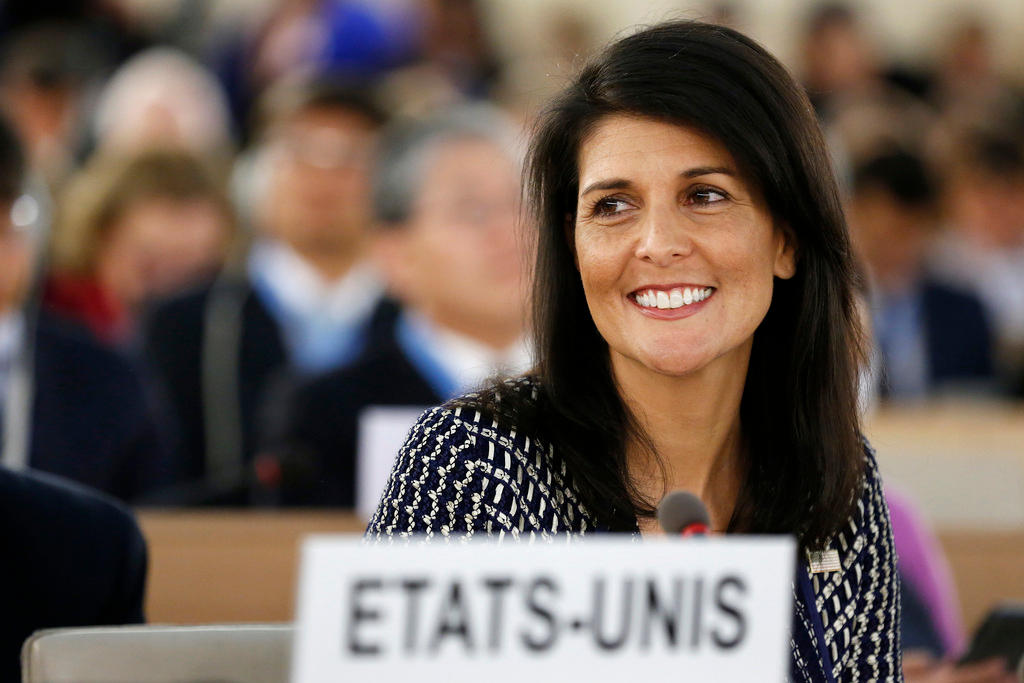
The United States ambassador to the United Nations, Nikki Haley, says the UN Human Rights Council must reform and eliminate ‘chronic anti-Israel’ bias. She did not signal a US withdrawal from the Geneva-based rights forum, but said the US was reviewing its participation.
“The United States is looking carefully at this council and our participation in it. We see some areas for significant strengthening,” Haley said on Tuesday at the opening of the 35th session of the UN rights council in the western Swiss city.
In her speech, the ambassador reiterated America’s commitment to protecting human rights, closely linked to peace and security. She also urged the council to adopt strong resolutions on abuses in Syria, Eritrea, Belarus, Ukraine and the Democratic Republic of Congo during the session from June 6-23.
But much attention on Tuesday was focused on her remarks about the future US relationship to the council under the new Trump administration.
Haley later told a packed audience at the Geneva Graduate Institute that America was not seeking to leave the Human Rights Council but to “re-establish its legitimacy”.
“If the Human Rights Council is going to be an organization we entrust to protect and promote human rights, it must change,” she declared. “If it fails to change, then we must pursue advancement of human rights outside the council.”
She went on to outline two changes the US considers ‘the minimum to resuscitate the council as a respected advocate for human rights’.
“Being a member of this council is a privilege, and no country who is a human rights violator should be allowed a seat at the table,” the US envoy declared.
She urged states from all regions to end back-room deals on closed voting slates and to ensure that elections to the council were always competitive and open.
The 47-member UN Human Rights Council was set up in 2006 after its predecessor, the UN Commission on Human Rights, was replaced following criticism it failed to hold human rights violators to account. UN member states meet four times a year to discuss human rights abuses worldwide. It has no powers other than to issue resolutions reprimanding states it deems as violating human rights and to order investigations but plays an important role in international diplomacy.
End Israel bias
Haley said the US also wants the council to address what it views as ‘chronic anti-Israel bias’.
“The council’s Item 7 must be removed. This is the scandalous provision that singles out Israel for automatic criticism. There is no legitimate human rights reason for this agenda item to exist,” Haley declared.
Israel and the occupied Palestinian territory are a fixed item on the council agenda. Washington, Israel’s main ally, often casts the only vote against the Arab-led resolutions. Haley said the council had adopted five “biased” resolutions on Israel and the Palestinian territory at its previous session in March session, but never even considered a resolution on Venezuela.
“This relentless, pathological campaign against a country that actually has a strong human rights record makes a mockery not of Israel, but of the council itself,” she said.
The council’s criticism of Israel has been a major sticking point for the US. Washington boycotted the human rights council for three years under President George W. Bush before rejoining under Barack Obama in 2009.
Withdrawal in the air?
Prior to Haley’s visit to Geneva, there had been much speculation about the possibility of a US withdrawal, following a leaked letter reportedly sent by US Secretary of State Rex TillersonExternal link to a group of nine non-profit organizations in March.
Observers are alarmed the US may again turn its back on multilateralism one week after president Trump announced his decision to withdraw from the Paris climate agreement, which drew criticism from governments around the world.
Eight groups, including Freedom House and the Jacob Blaustein Institute, wrote to Haley in May saying a withdrawal would be counterproductive since it could lead to the council “unfairly targeting Israel to an even greater degree.”
John Fisher, the Geneva director of Human Rights Watch, said the only way for the UN rights council to achieve the reforms suggested by Haley was through ‘continued engagement’.
In reply to a question from a member of the Graduate Institute audience, Haley refused to be drawn on whether the US might actually quit the council.
“No, I’m not going to commit today on whether we are staying in or out of the Human Rights Council. We have to see the actions of the council and of member states. We’ll wait and see. We have come here in good faith, as it would benefit the US and the international community to have strong Human Rights Council. We’re attempting to do what we can to make it stronger,” she declared.

In compliance with the JTI standards
More: SWI swissinfo.ch certified by the Journalism Trust Initiative

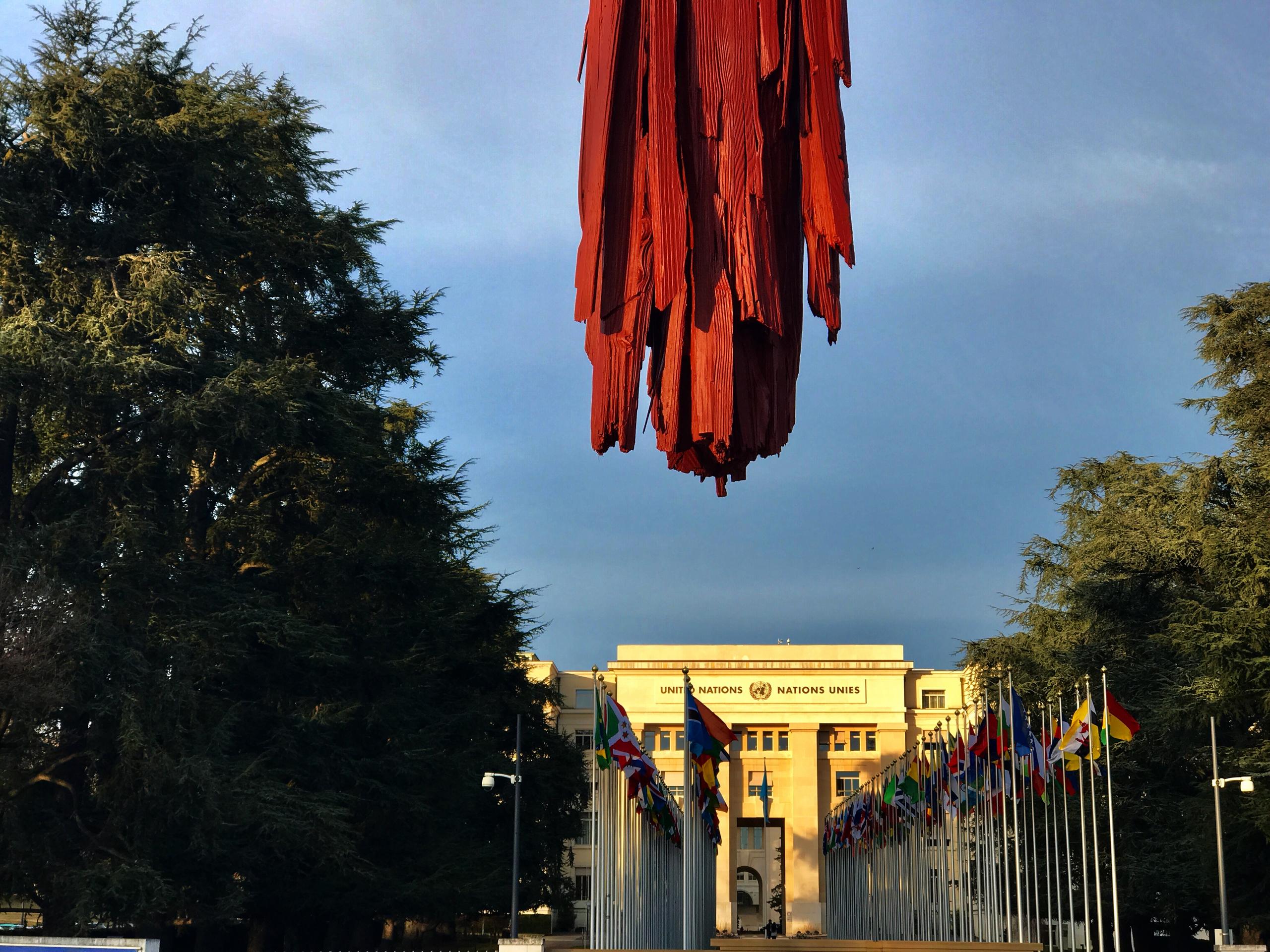
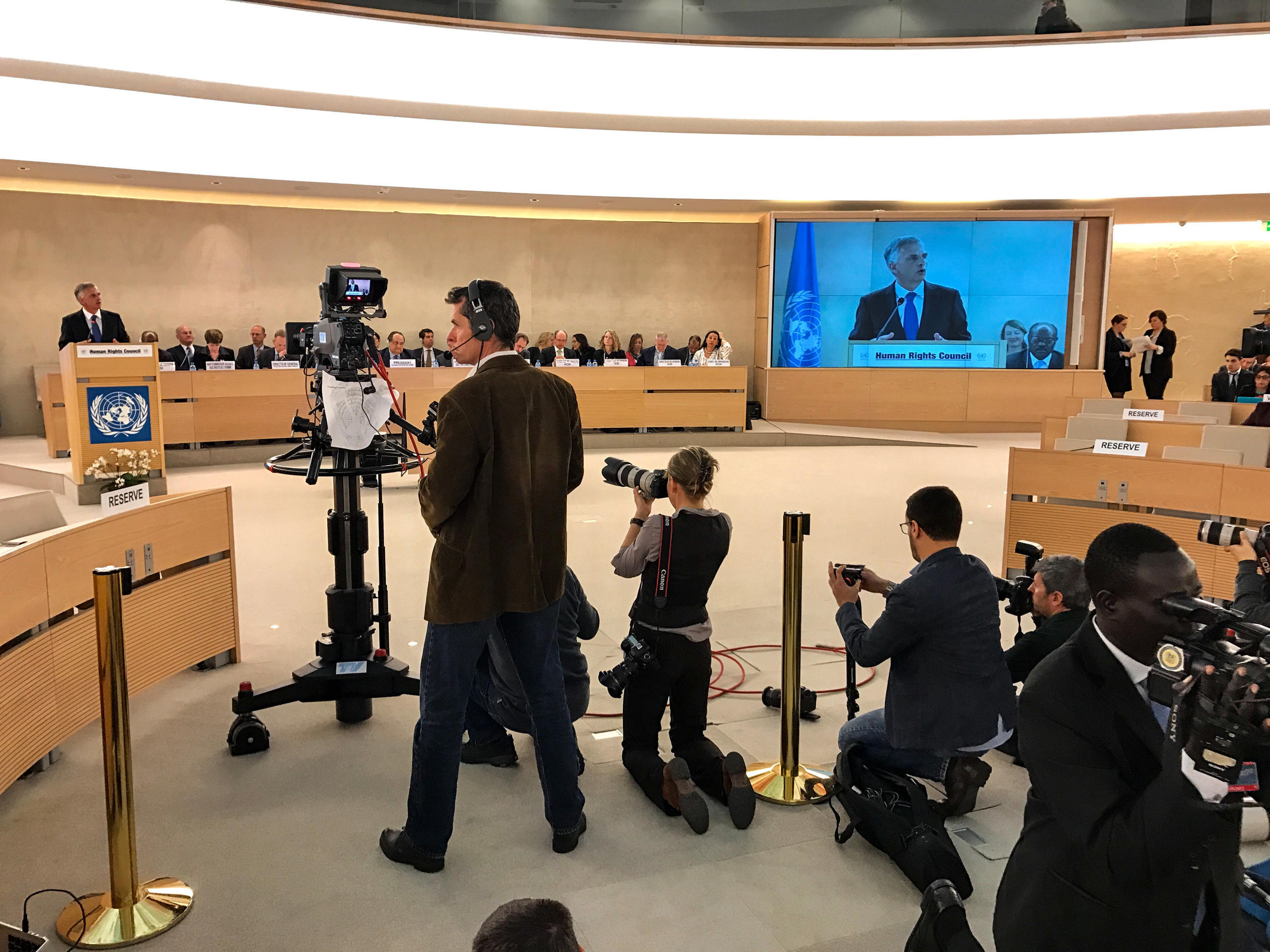
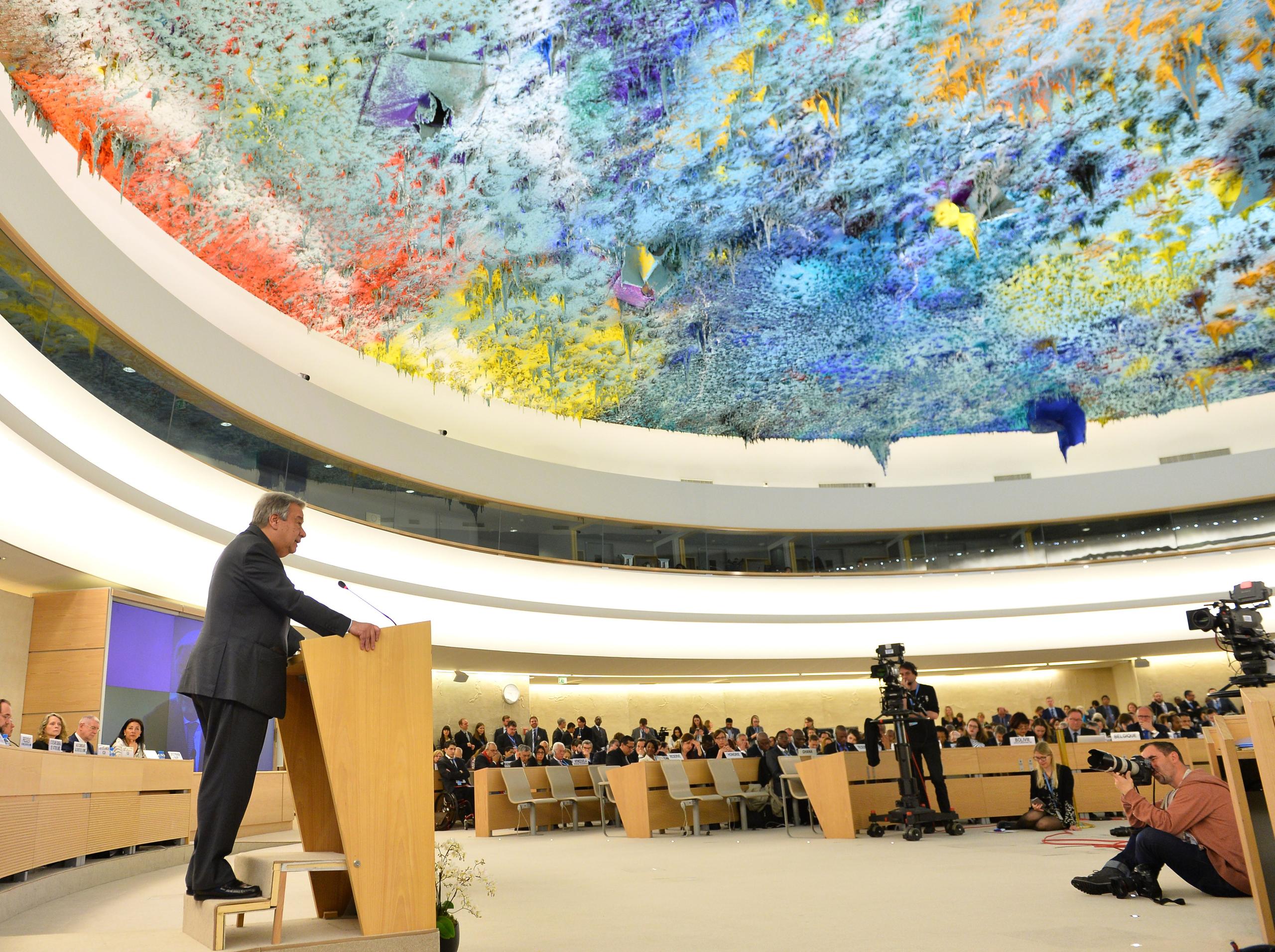
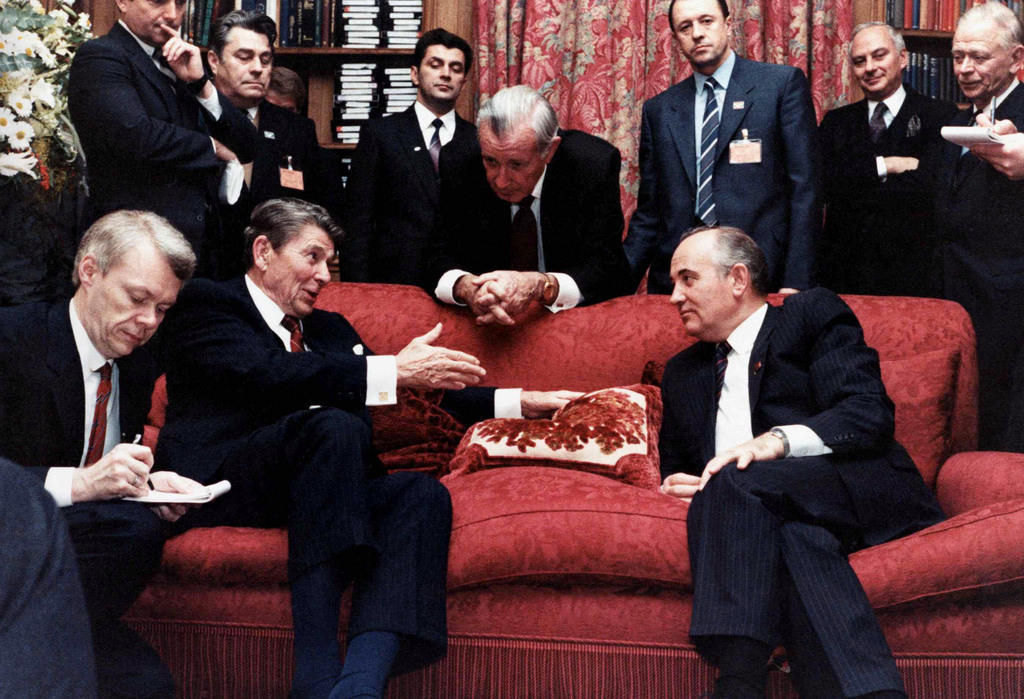

You can find an overview of ongoing debates with our journalists here. Please join us!
If you want to start a conversation about a topic raised in this article or want to report factual errors, email us at english@swissinfo.ch.